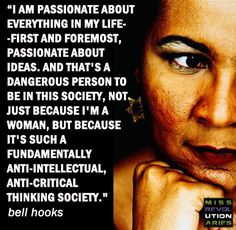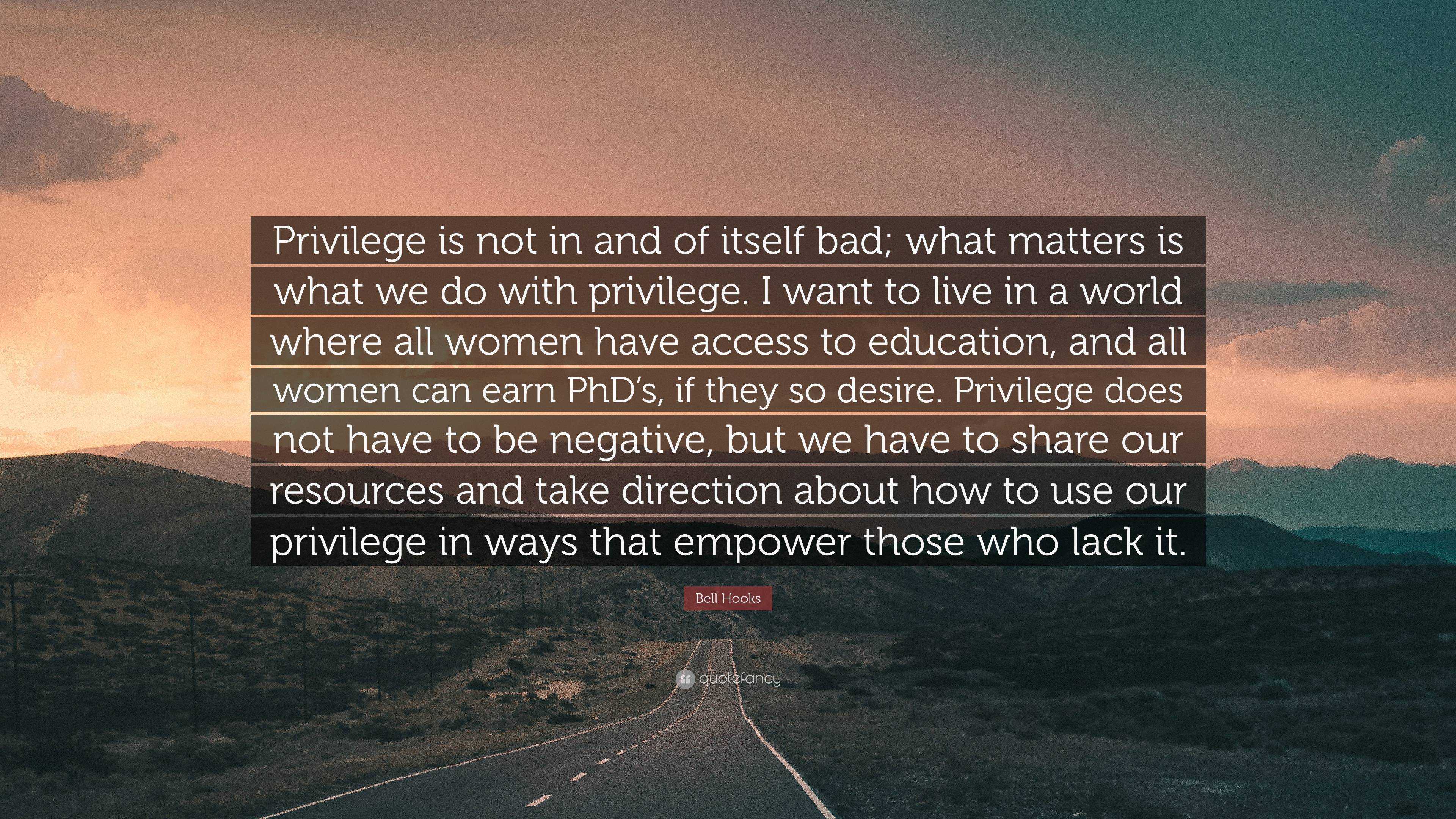


Shipping may be from multiple locations in the US or from the UK, depending on stock availability.From Baldwin to bell hooks, there is an enduring continuum a tradition of radical Black aesthetic intervention from margin to centre. It is suitable for those who believe that movies are worth arguing about. Including also her conversations with master filmmakers such as Charles Burnett and Julie Dash, Reel to Real is a must read for anyone who believes that movies are worth arguing about. Here bell hooks - one of America's most celebrated and thrilling cultural critics - talks back to films that have moved and provoked her, from Quentin Tarantino's Pulp Fiction to the work of Spike Lee. They matter on a personal level, providing us with unforgettable moments, even life-changing experiences and they can confront us, too, with the most profound social issues of race, sex and class. Movies matter - that is the message of Reel to Real, bell hooks' classic collection of essays on film.


"About this title" may belong to another edition of this title.īook Description Paperback. A piece on the accountability of filmmakers that involves Wayne Wang would have matched up nicely with a dialogue with Wang, which instead is sandwiched in a group of interviews with Arthur Jaffa, Camille Billops and the like.Ĭopyright 1996 Reed Business Information, Inc. Hooks refers to her first-ever film-related essay, on Spike Lee's She's Gotta Have It, in her introduction and elsewhere, but the essay does not appear until the final pages of the book. The essays could have benefited from more thoughtful organization. The essays that do not focus on a single film are equally successful: a discussion of the black female gaze recalls that slaves could be punished for looking, and another on representations of black masculinity notes that in movies with two male leads, one black and one white, such as Rising Sun, the white man plays the "father" role. The "mock feminism" of Waiting to Exhale ("an utterly boring show") is exposed as hooks examines differences between the book and the movie. Quentin Tarantino?a filmmaker "not afraid to publicly pimp his wares"?is taken to task for ingesting superficial aspects of black culture and spitting out the rest. A reading of reviews of Exotica shows that only the strip-joint portions of the movie were considered worthy of commentary. This mix of theory, reality, popular art and popular criticism (reviews and public reaction play a large part in her discussions) is effective in forcing a rethinking of the films in question. Hooks's essays on film are not film criticism: they are criticism of culture as viewed through the prism of film.


 0 kommentar(er)
0 kommentar(er)
